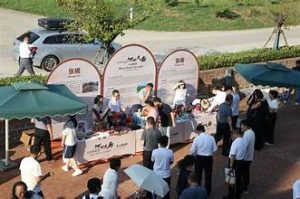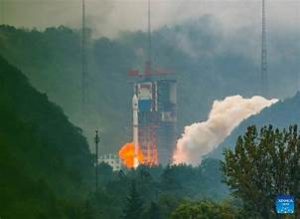Bulgarian producers losing ground in public tenders to Chinese and Turkish firms

Sofia: Nearly 60% of public tenders for electrical and electronic equipment in Bulgaria over the past two years have been awarded to companies from China and Turkey. Their aggressive pricing, supported by state subsidies and lower production costs, has begun to push Bulgarian and European producers out of the market.
The Bulgarian Association of Electrical Engineering and Electronics (BASEL) has warned that this trend poses a serious risk to local industry, threatening a decline in production and even closures of Bulgarian enterprises. One example cited is a recent tender by the state-owned Electricity System Operator (ESO) for power autotransformers, won by a Turkish supplier with a bid of 12.4 million leva excluding VAT – a price local firms could not match.
“Bulgarian companies cannot compete on cost alone, as we strictly follow European standards for safety, quality, and sustainability, which inevitably increase production expenses,” said Eng. Dimitar Beleliev, Chairman of BASEL’s Management Board. The association is urging the government to introduce mechanisms ensuring that foreign suppliers meet the same standards required of EU-based manufacturers when participating in public procurement.
BASEL stresses that European rules already provide room to protect domestic industry. Under EU legislation, third-country participants can be excluded from tenders if more than 50% of their products are produced outside the Union. In addition, European energy directives favor companies manufacturing within the EU. “We insist that European funding should benefit EU-based companies. Instead, over the last two years, Turkish and Chinese firms have won contracts in Bulgaria financed with European funds,” Beleliev added.
Chinese and Turkish companies enjoy competitive advantages such as subsidized production, lower energy costs, and tax incentives. Unlike their European counterparts, they are not bound by strict requirements for safety, environmental sustainability, or quality. Data from the National Statistical Institute confirms that imports of electrical products from non-EU countries rose by more than 50% between 2019 and 2024, now nearly equaling imports from EU member states.
Despite these pressures, the electrical and electronics sector remains one of Bulgaria’s key export industries. Since 2016 (excluding 2022), it has consistently ranked first in the country’s export structure. Preliminary figures for 2024 show exports worth around €4 billion, accounting for just over 11% of total exports. Still, compared to 2023, the sector recorded a modest 3% decline, a reflection of the difficult economic environment across Europe. Germany continues to be Bulgaria’s largest trading partner in this field.
“It is paradoxical – our products are valued in Europe, yet at home we face unfair competition. We are in fact strengthening non-market economies with both EU and Bulgarian budget funds,” Beleliev commented.
Currently, Bulgaria has around 1,250 companies involved in producing and repairing electrical equipment and electronic devices, employing about 57,000 people. The industry, however, is struggling with a shortage of skilled labor, forcing firms to increasingly recruit workers from countries such as Uzbekistan, Nepal, and the Philippines.





